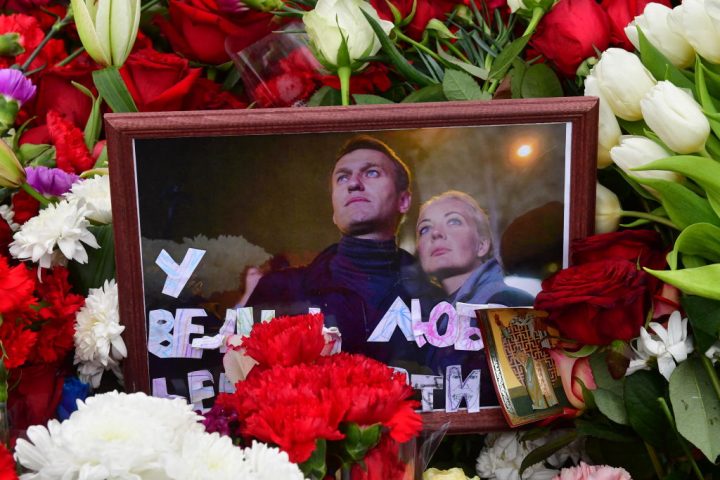Following the wave of articles that have appeared in the Western press since Navalny’s death come three pieces from émigré Russians. All present a sobering and even chilling picture of Russia’s future now that its leading figure of opposition is gone.
The first, published by the Russian-language Meduza on 4 March, was by Shura Burtin, a Russian journalist living in Prague.
Already a subscriber? Log in
Subscribe for just $2 a week
Try a month of The Spectator Australia absolutely free and without commitment. Not only that but – if you choose to continue – you’ll pay just $2 a week for your first year.
- Unlimited access to spectator.com.au and app
- The weekly edition on the Spectator Australia app
- Spectator podcasts and newsletters
- Full access to spectator.co.uk
Or




















Comments
Don't miss out
Join the conversation with other Spectator Australia readers. Subscribe to leave a comment.
SUBSCRIBEAlready a subscriber? Log in